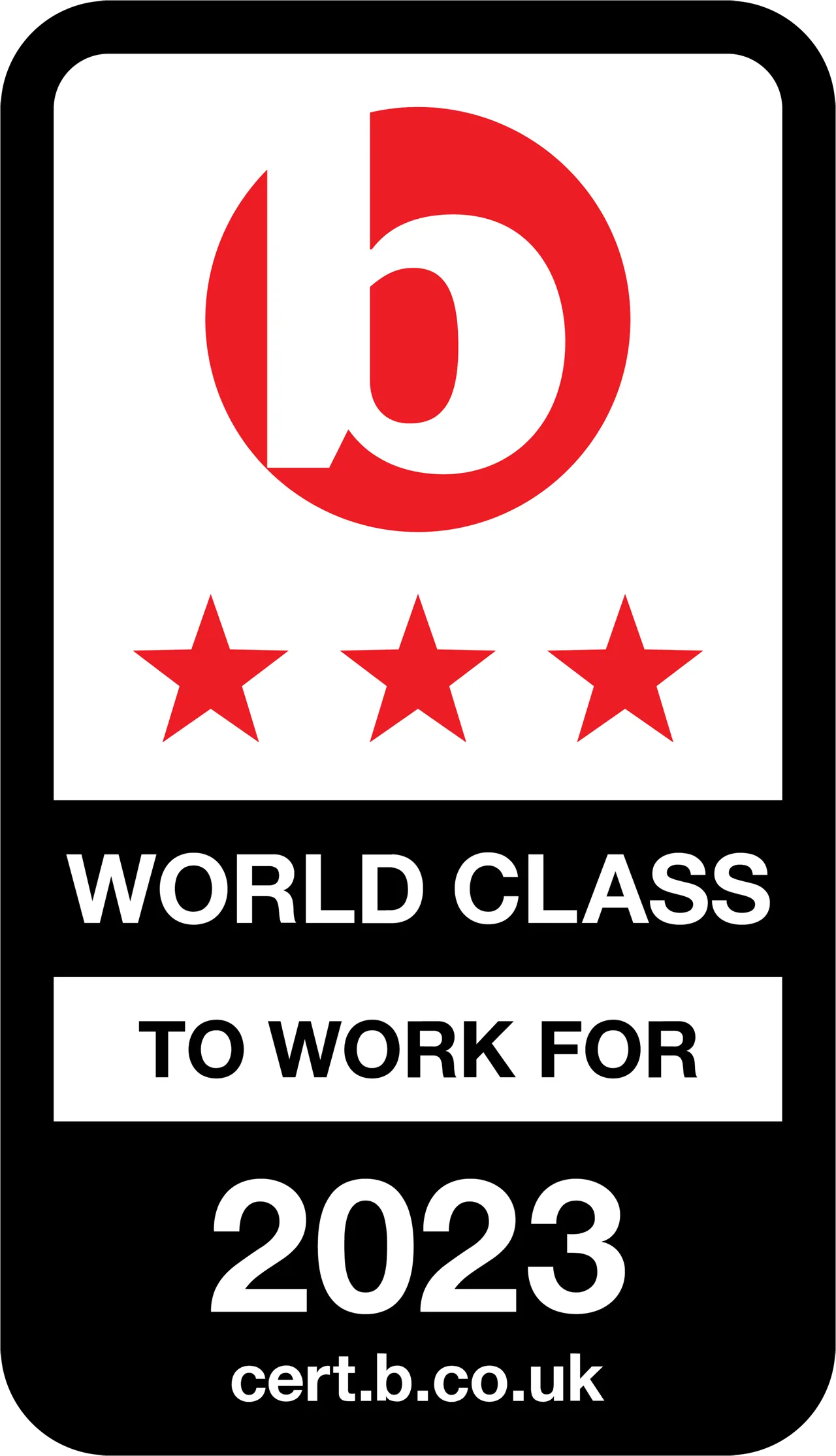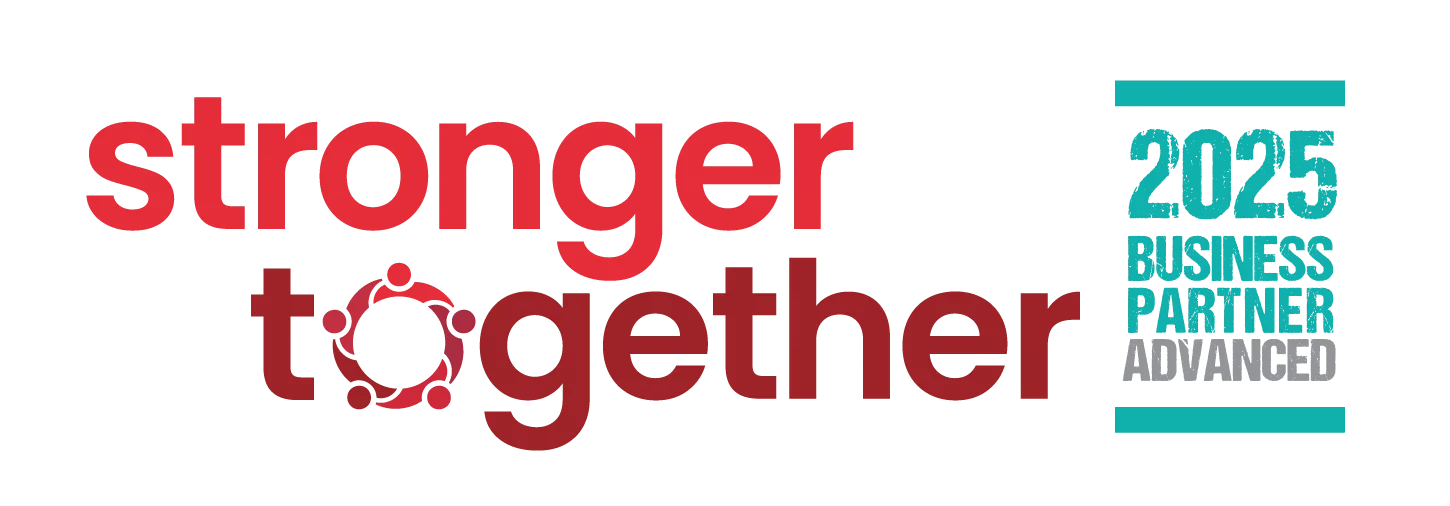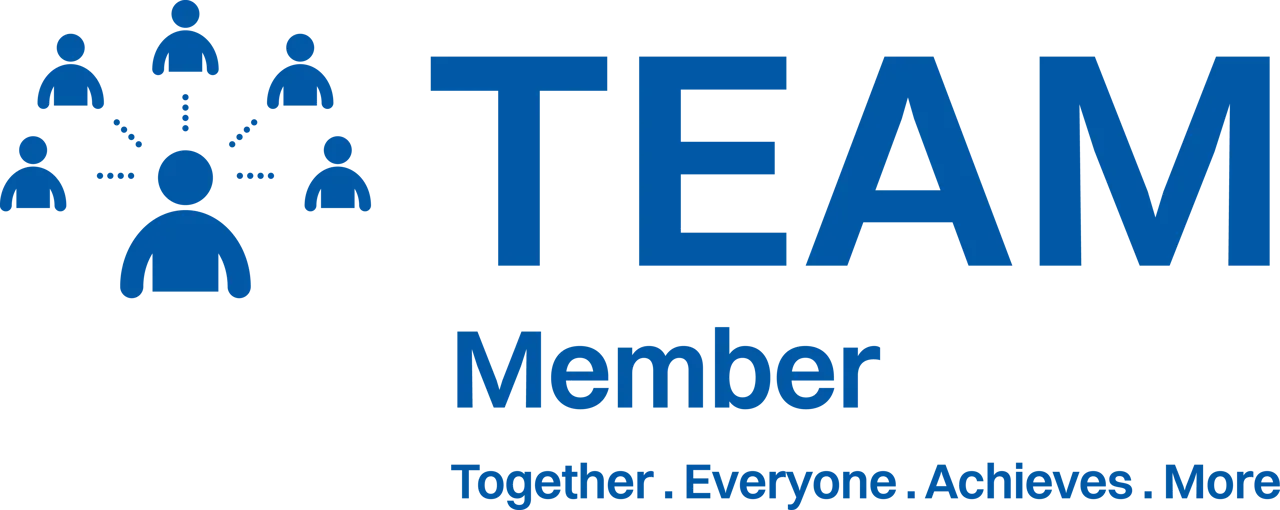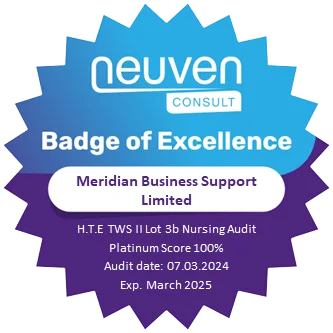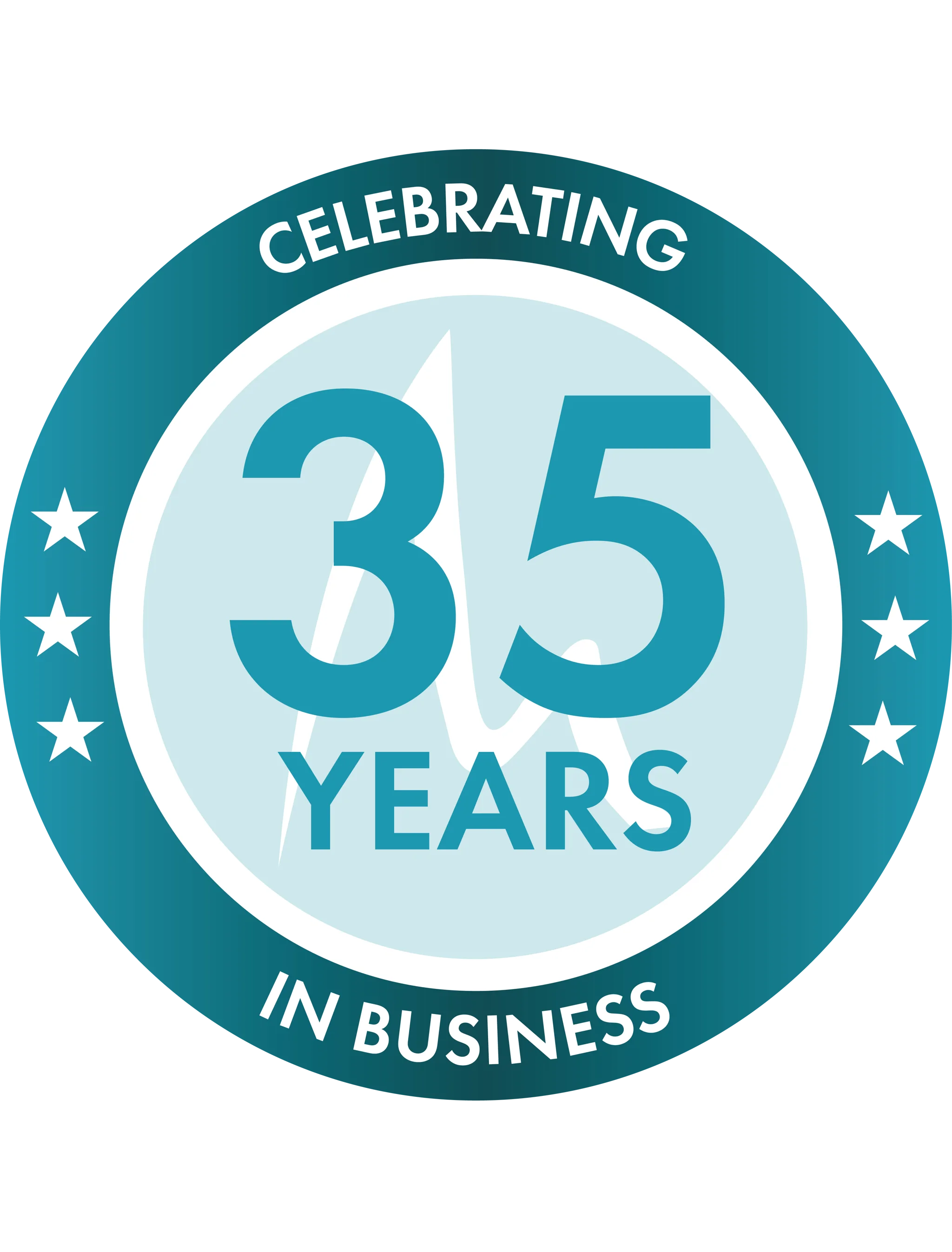
Accepting a job offer
06 Mar, 20187 minutesTotal Jobs has put together some expert advice on how to respond to a job offer:Asking the e...

Total Jobs has put together some expert advice on how to respond to a job offer:
Asking the employer for time to consider, even if you’re keen on the job, is a good idea. Doing your research and making sure the role and company is right for you can stop you making a costly mistake. Plus, if you negotiate well at this stage, you could end up with a much better deal.
“Accepting a job offer is a big decision,” says Suzy Style, Head of UK Graduate Resourcing at BP. “If you need additional time to consider an offer, you should ask the employer for a specified amount of time to think about your response, and they will usually be accommodating, provided you stick to the deadline you’ve arranged.”
Don’t worry about asking questions if you need clarification on anything. Employers would much rather resolve any issues now than when you’re a month into the job.
“Think in advance about the types of questions you may want to ask if you’re successful,” advises Leanne Knight, Senior HR Manager for Recruitment at Boots UK. “What would need to be true for you to be delighted and accept, or decide the offer isn’t quite right for you?
“Hopefully you’ll have had the opportunity to have most of your questions answered at interview and you’ll have also had experience of what it may feel to work in the business or organisation, but do you want to know any more about the team, the culture, career opportunities, inductions, and the benefits, for example?”
Of course, if you’re lucky enough to be offered exactly what you want, and you’ve done your due diligence and negotiated already, you should accept immediately.
Knowing how to reply to a job offer is important. Not only does it demonstrate that you’re professional, it also sets up a good relationship with your new employer.
There are two ways of accepting an offer: verbally and in writing.
“A job offer will often be made over the phone initially,” says Olivia Hill, AAT Chief HR Officer. “In the first instance, you should thank the person who’s made the call and say that you’re pleased to have received the offer, to show that you’re enthusiastic about the opportunity.
You can then ask when you’ll receive the offer in writing. This written offer should set out important detail, including the title of the position, your salary, and start date.
Getting the offer in writing protects you by making everything official, and also allows you to see exactly what you’re signing up for.
If you receive an offer in writing (without a phone call first), try to speak with someone at the company. This gives you the opportunity to thank them in person and confirm your interest.
Towards the end of a call, you can ask whether there is anything you need to do before your start date, such as fill in any forms, or do any training or orientation.
Thank you letter for job offer / thank you email for job offer
It’s courteous to send a job offer ‘thank you’ letter or email. Even if you haven’t made a decision yet, it shows you’re enthusiastic about the job.
If you want time to consider, ask when they need to know your decision by, presuming this has not been made clear within the offer details.
“Sending a thank you for the job offer acts as a holding device, giving you a chance to prepare questions, negotiate, or request a follow-up meeting,” says Heike Guilford, Managing Director of The Coaching Nurse.
Heike suggests thanking the employer for the offer, and saying you would like time to talk it over with your partner or family.
“It’s helpful to give a specific timeframe, as employers may be under pressure to fill the role. Instead of saying, ‘Can I have time to consider it?’ you could say: ‘Thank you so much for offering me this position. Accepting a new job is always a big decision. Could I have a day to talk it over with my partner?’”
There’s nothing wrong with asking for some time. Just be honest about the reasons why, and stick to the date you agree to get back to them.
“Don’t leave an offer on the table too long without responding, as it looks unprofessional and shows a lack of interest. There’ll be other qualified applicants, and employers may move on to the next person on the shortlist,” warns Heike.
It’s best not to negotiate when sending a thank you letter for a job offer. Instead, ask to set up a meeting in person or on the phone.
“Negotiating is easier face-to-face, so you can gauge the person’s facial expressions and body language,” says Natalie Reynolds, negotiation expert and CEO of Advantage Spring (a company which offers training on how to negotiate).
If you have more than one job offer, be honest and raise it with the employer as a reason why you need a little longer to consider.
“Having another job offer can help you negotiate a better deal, but this requires careful handling,” says Natalie. “Having said that, you should never invent another job offer as leverage, or a way to buy more time.”



